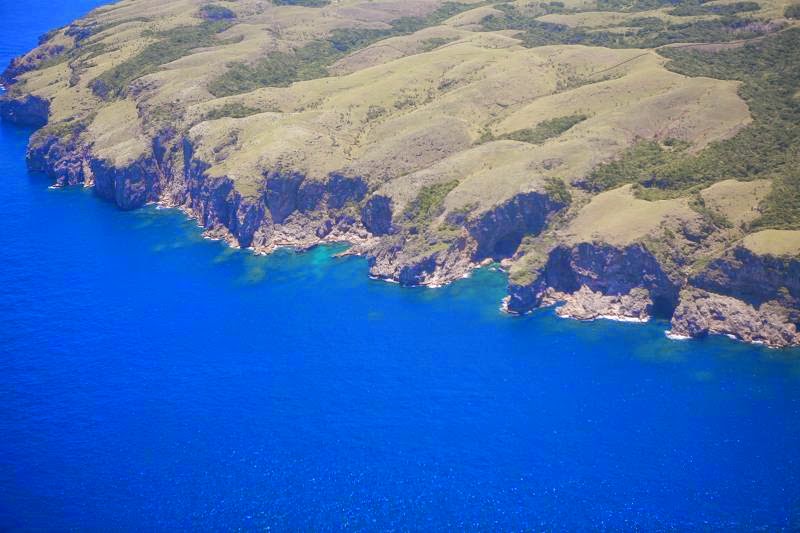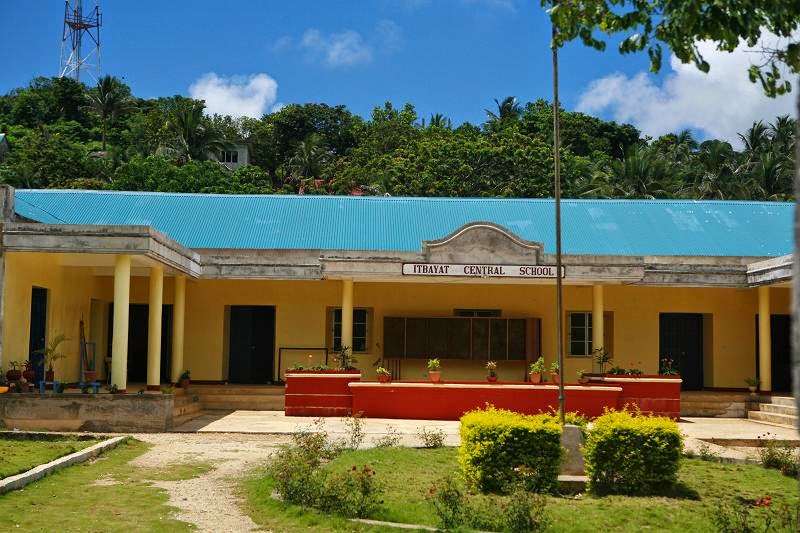Want to truly get away from it all? Itbayat is the farthest island you can visit up north without needing your passport.
Itbayat is the country's last inhabited island, situated only about 200 kilometers from the southernmost tip of Taiwan. Moreover, it is Batanes' largest island. The municipality also includes Diogo, Siayan, Maysanga, Mabudis, North, and Mavudis Islands.
Mavudis, also known as Y'ami, holds the distinction of being the northernmost island of the Philippines.

Getting there
From the airport in Basco, Batanes, we went straight to the port. Anton, our friend from Mahatao, made sure the faluwa was ready for us. I knew it wasn't enough time for my antihistamine to work.
Faluwas are motorized boats in Batanes used for transporting goods and people between the islands. They don't have katigs or balance beams.
The three-hour ride on a faluwa felt like an eternity on a sea rollercoaster. Since the faluwa didn't have seats, I experienced being tossed and turned while lying, standing, and sitting. None of these positions could calm my tempestuous stomach, so I had to learn a new skill: swallowing my vomit before it could come out. Yet, they told me it was a relatively calm sea that day.

The worst part came when, upon reaching Chinapoliran port, one of the boatmen informed me that I had to jump to disembark. I had to command the entire universe to work with me as I mustered enough courage to leap off the faluwa at the precise moment it collided with the ledge, all while my head was spinning.
Well, I soon realized I didn't really have to command the universe, as one of the boatmen decided to give me a helpful push. As soon as I hit the land, I sprinted like crazy to the farthest point my feet could take me on that steep port, putting as much distance as possible between myself and the waters.
That was what it took for me to reach the country's last frontier.
The Gentle Island
Not many tourists in Batanes venture to Itbayat, and I understand why. Even the massive limestone cliffs surrounding the island seem as forbidding as the turbulent seas. However, the land it cradles is the opposite—total serenity.
Itbayat is an uplifted coral reef in the shape of a shallow bowl filled with gently sloping hills and verdant land.
It didn't take long before the calmness of the surroundings seeped into me.
I was in Itbayat to accompany a good friend visiting the place where his mom was born. Along with us was another friend who frequents Batanes but had never been to Itbayat.
Perhaps the warm welcome accorded to the homecoming of its son affected me so much that I felt a sense of peace and belonging. It was as if I was looking at a land to which I also belonged.
Our three days were spent getting to know my friend's relatives, seemingly encompassing everybody in Sta. Maria, including the owners of the guesthouse where we stayed, the proprietor of Laruz Carinderia, and the old Spanish priest, Fr. Dennis, who had lived in Itbayat for more than 40 years.
It was on our final night on the island that I felt the fear and, simultaneously, the pain of saying goodbye. I chose to remain sober for several reasons. Firstly, I didn't want to experience nausea during the boat ride back to Basco. Secondly, I wanted to remember every tranquil moment on our hill.
Leaving Itbayat
Our journey back to Basco was just as eventful.
Upon waking, I learned that we couldn't ride the faluwa because it had been chartered by Taiwanese tourists who had booked the entire boat. They even refused to allow a sick man on board. However, there was some good news. Batanes Air was conducting a test flight.
Fortunately, the place where we stayed also had connections with Batanes Air, so we secured the three available seats.
























0 comments